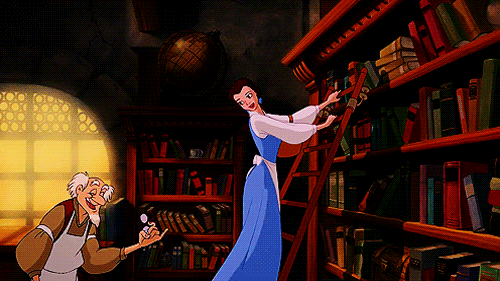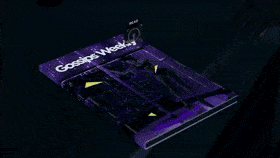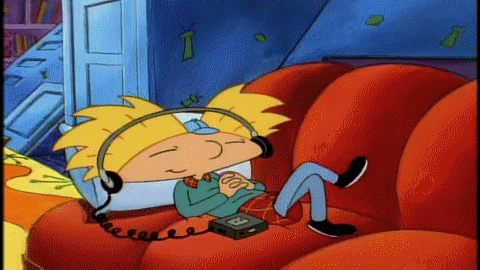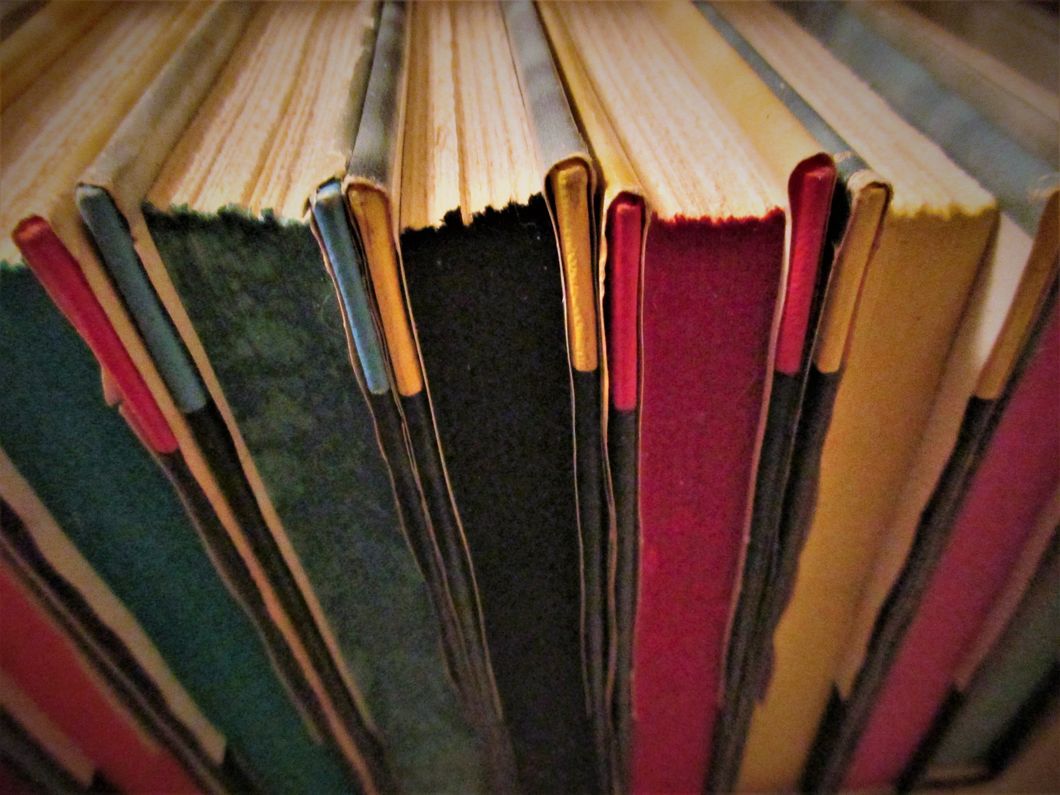There seems to be a minor war going on in the book community between physical books, e-readers, and audiobooks, and which one is better. There is a lot of gatekeeping involved, with people claiming that e-readers and audiobooks aren't "real reading."
As someone who has enjoyed stories in all three formats, the war is pointless. More people are reading than ever thanks to technology, and that's something to celebrate, no matter what format the books come in.
There are pros and cons to each reading technology, so which one you prefer is really up to you.
1. Physical books

Pros:
New/old book smell is the best fragrance ever. The feel of the paper is also a highly underrated part of the reading experience that I miss when I read ebooks.
And when it comes to books like the Bible with lots of cross references and footnotes, it's easier to flip between pages than scroll through endless screens. It's also easier to highlight and make notes in physical books, especially if you have motor control issues that make drawing on a screen difficult.
Physical books can also hold memories like bookmarks and even autographs.
Books also don't need batteries and you won't get eyestrain like you would from a screen's backlight.
Cons:
It's impossible to adjust text size unless you can find a large print copy, which is a problem for people with vision problems. Also, if the font is hard to read you're SOL.
Once it's damaged it's gone. Better hope your house isn't flooded or burned down. And you have to keep them in the right environment to prevent damage. Physical books can also go out of print and God forbid you lose your copy
They're also heavy and take up a lot of space. If you move around a lot or live in a small house or apartment, you might not be physically able to have a large collection.
There's also the problem that you can't read in the dark without a bright light. If you loose your flashlight or booklight, you're screwed.
2. Ebooks

Pros:
With ebooks, you can easily adjust the text size and font. They can also be read in the dark with a backlight, unless they are the kind with epaper.
Ebooks take up no space except for the small tablet-like device itself, which is light enough to be easily portable. This makes packing for vacation or moving a breeze, and means that you can keep your favorite books with you no matter how large your collection is. And if you damage your device, the books are still stored on the cloud. You can get a new device and access the same library.
They're also cheaper, except for the initial cost of the device. And no ebook has gone out of print yet.
Ebooks also offer a lot of exciting possibilities when it comes to how stories are told. Some ebooks show how many times a particular quote has been highlighted by other readers, as well as notes and reviews, making reading a somewhat social experience without having to interact with people. They also offer the possibility of multimedia storytelling, with gifs, videos, audio recordings, etc. to enhance the story.
Cons:
File storage technology is constantly changing – file types could become obsolete. Also, if your hard drive is damaged, you lose everything. And if you don't have access to electricity, it doesn't matter how many books you have, you can't read them. Also, not every book is available in a decent digital format.
It's harder for some people to binge read on an ereader because of the eye strain caused by digital screens. It's also harder to retain information. Studies show that physical and tangible landmarks are important for us to be able to remember what we read. A picture in the corner of the page, the weight of the book that indicates how far along you are, etc. That kind of stuff is harder to pin down on a screen.
Humans get attached to objects, so a book having no physical presence can be disappointing to many. It also can make the story less memorable.
3. Audiobooks

Pros:
Great for people with bad eyesight or who are blind or who have other difficulty reading. They also allow for multitasking. You can't read a book and fold laundry at the same time (believe me, I've tried), and you can't read on your morning run.
Voices and sound effects can add a whole new dimension to stories. It can feel like you're directing a movie in your head. Also, tone of voice is hard to convey in writing, but a good audiobook narrator can make the emotions in dialogue clear.
Listening to someone else's voice can also make you feel less alone, which is great for people with depression.
Bonus: Never wonder at how to pronounce a word!
Cons:
Like ebooks, you need electricity to access an audiobook.
Some people find it hard to pay attention to them, partially because of the ability to multitask. We often tune out repetitive noises, even someone's voice. Because hearing a story is more passive than moving your eyes across a page, sounds can fade into the background.
A badly produced audiobook can ruin a great story. I've listened to some audiobooks that bored me to tears, which made me avoid picking up the actual book for a long time.
Multitasking while doing some things is dangerous. If you get too lost in a story while driving or walking, you could end up hurting yourself. Or you could burn dinner if you're listening while cooking.
Stories take longer to get through than if you were reading them at an average pace. If you're already a slow reader, this doesn't matter much, but some can find the slower pace frustrating.
















